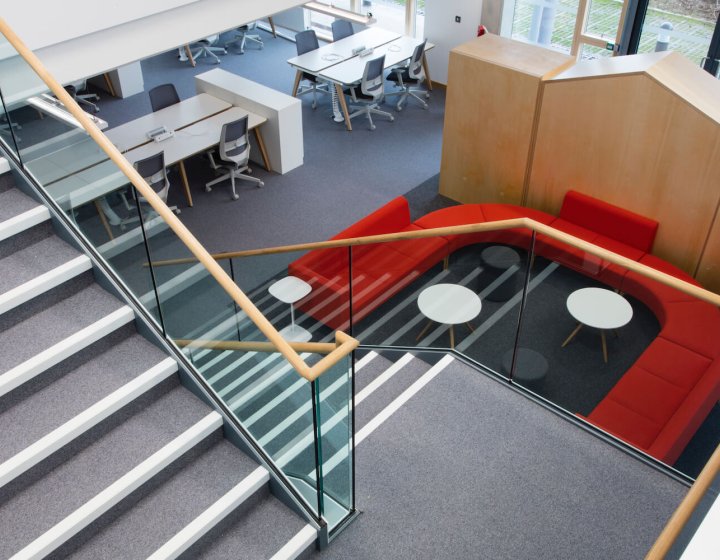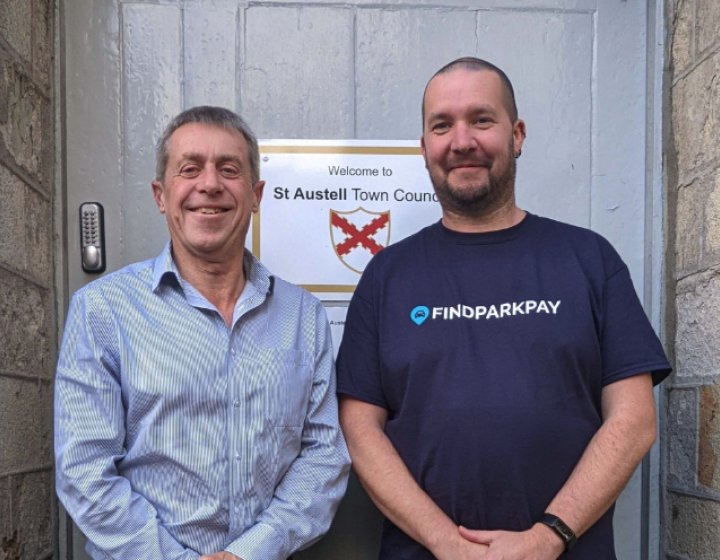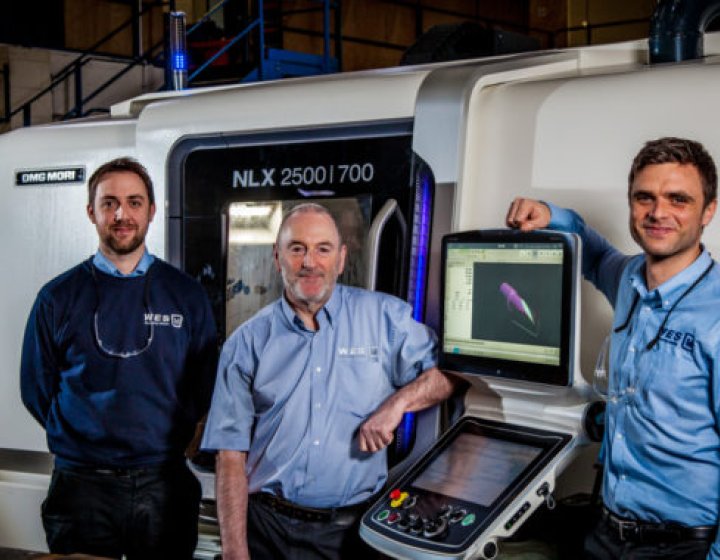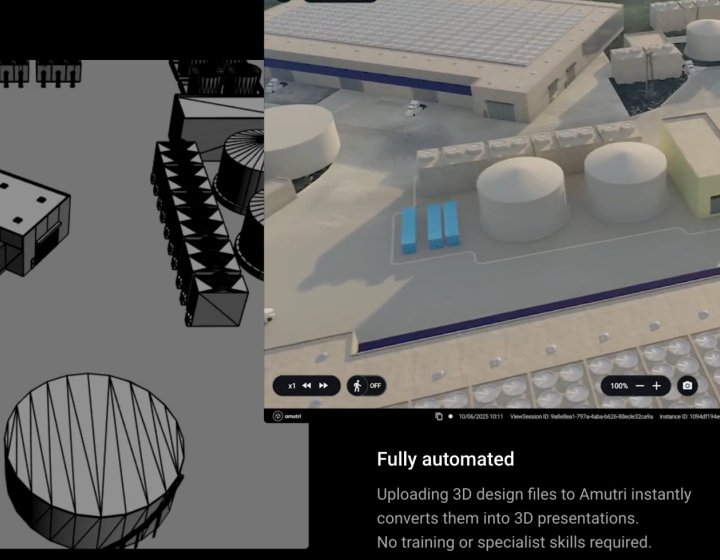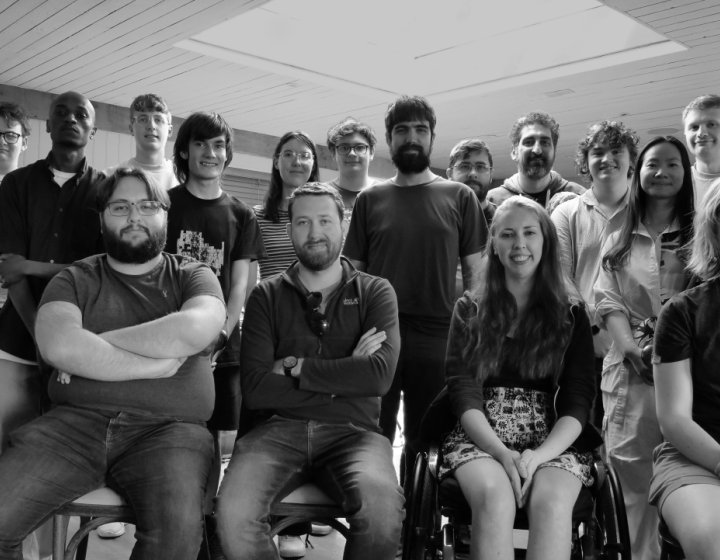In conversation with Stewart Morley
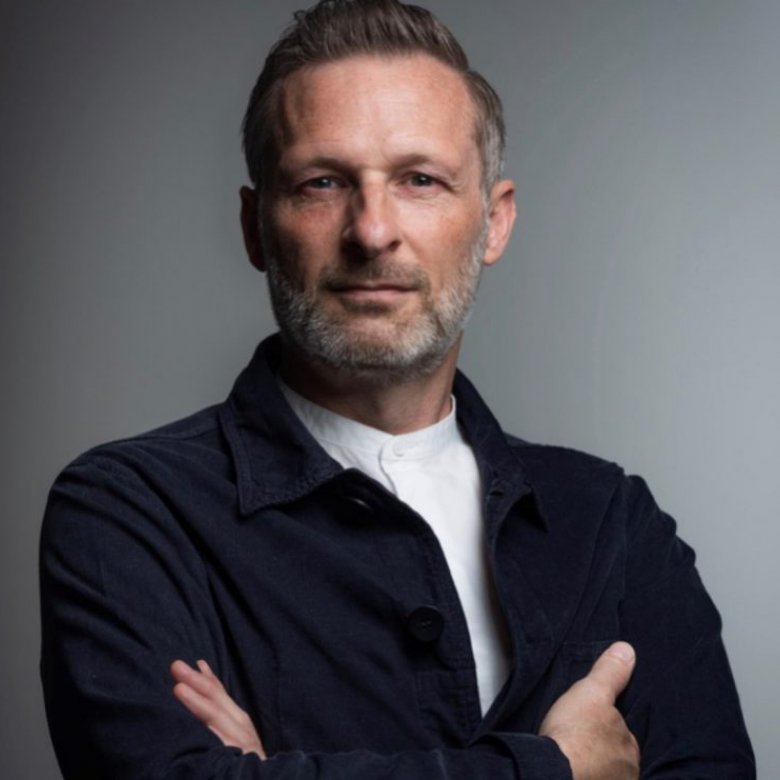
Arrival's Chief Product Officer, Stewart Morley, who also happens to be a Falmouth alumnus, visited the Launchpad studio recently to speak to our founders about his vast experience in product development. We chatted to him about taking electric cars mainstream, opportunities for entrepreneurs and the future of the workplace post-pandemic.
How long do you think it will take before electric cars are mainstream?
Historically any major shift in system formats such as this, from fossil fuel to kW, its fundamentally reliant on infrastructure and market adaptability. But the hidden and unfortunate major factor for system format change is politics and political process. As we know the political tone is not only in favour of electrification but also pushing it commercially and with tax structured incentives. But... as there is always a but, the system is moving faster than the infrastructures required for its seamless integration, and the political taxation plan from litres to kW will be the slow down on the progressive speed at which the automotive industries are now moving at. The short answer is five to eight years will realise its mainstream market share, this is the time it will take for politics and infrastructure catch up with products and technology.
Endeavour to be relevant, kind, honest and above all tenacious.
Where do you see new opportunities for entrepreneurs in the current economy?
There are always opportunities as long as there are economies for supply and demand, and with developed and developing world populations on a steady increase, so will the market grow. In any situation after economic or political unrest there are obvious risks in certain markets and massive gains in others. The obvious risks would be superfluous services e.g. wellbeing, luxury and leisure services that are normally assigned to disposable income, whereas core services such as utility, food, medical etc. are in consistent demand no matter what the economic landscape, but these in our modern world are controlled unfortunately by a few large corporations and to penetrate such giant service providers has been proven to be close to impossible. But there are many opportunities with acting in ways corporations cannot, every good opportunity always starts small, or is not fully identified, known as micro-trends. This is where low investment and fast movement can outpace large companies before sweeping in to capitalise, as they are more geared to react to mega-trends.
A good example is the EFTPOS system, it was used sparsely from around 1981 in the US only, but didn't take hold, until a New Zealand company developed it further to be easily adopted worldwide, but the idea was not understood at the time "why do we need a machine when we can just swipe it at the main till". Fraud and card theft was on the rise and international travel was an uncertain risk with credit card funds being stolen internationally. EFTPOS ushered in not only security for the user who never lost sight of their credit card, but also enabled banks to establish insurance policies to cover bad transactions as the system raised the security level for insurers to finance the more acceptable risk. This all came from looking at the micro-trends emerging, to meet an established credit card system that was becoming antiquated in terms of security and user peace of mind.
Simply study micro-trends in your competence field, and start small with a clear roadmap... you never know, one of the giants may just buy your idea from you, as corporations are not creative, but are good on capitalisation upon creativity.
If you were starting your career again, what would you do differently?
I would change very little, as it isn't the end results that are the measure of a success, but the joy that you had during the process. This has been said many times and people roll their eyes as it is a cliché, but any repeated cliché is true. But from a more business and technical perspective, I would archive everything, failures, and successes, they are all valuable assets.
What do you see the future of the workplace looking like post-Covid?
Same as it was before, but with adjustments. I think society generally reacts far too quickly with situations and overcompensates often with unsustainable changes that wither away with the consensus over time. There will be some changes I'm sure that will be opportunistic from a financial gain perspective, with companies saving on office costs, but this will lead to fragmented and compromised services, customer trust and satisfaction. All change is neither good nor bad, but it is change none the less. All systems vary over time but always tick along to the fundamentals of supply and demand. We all have experienced some services that are slow and not very customer orientated, and we vote with our choice to buy or not buy!
What's the one piece of advice you would give to a recent graduate trying to break into their career?
Endeavour to be relevant, kind, honest and above all tenacious.
